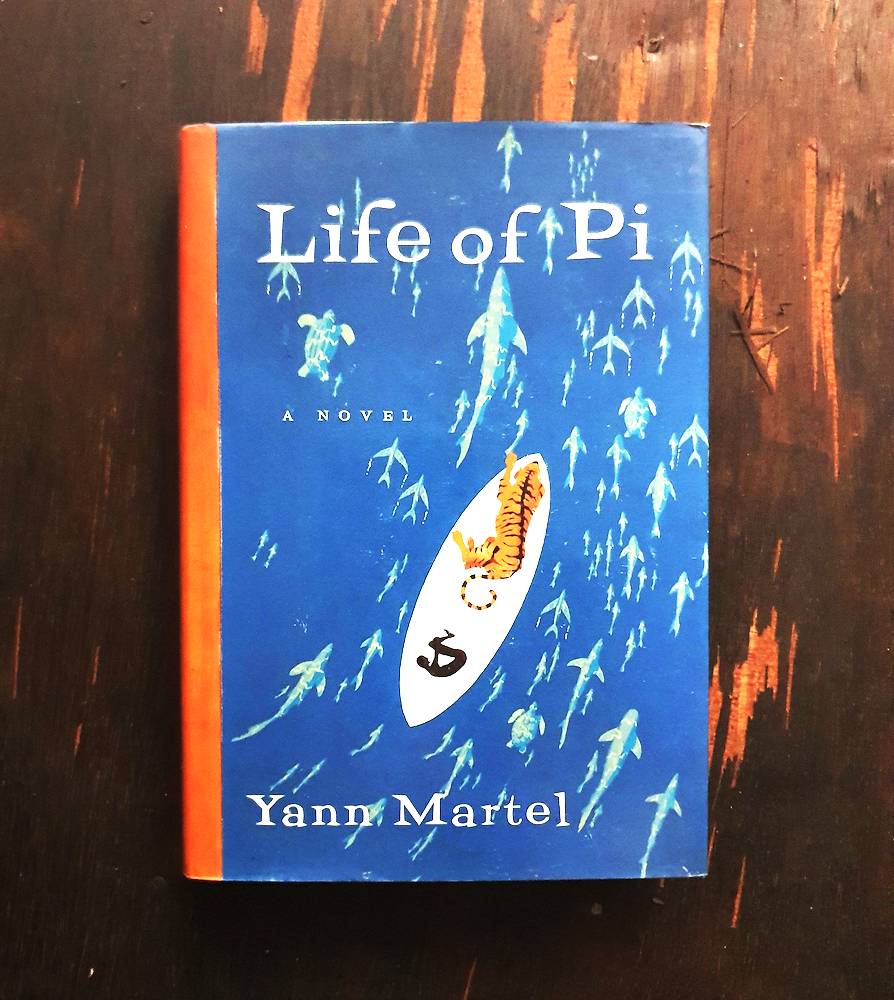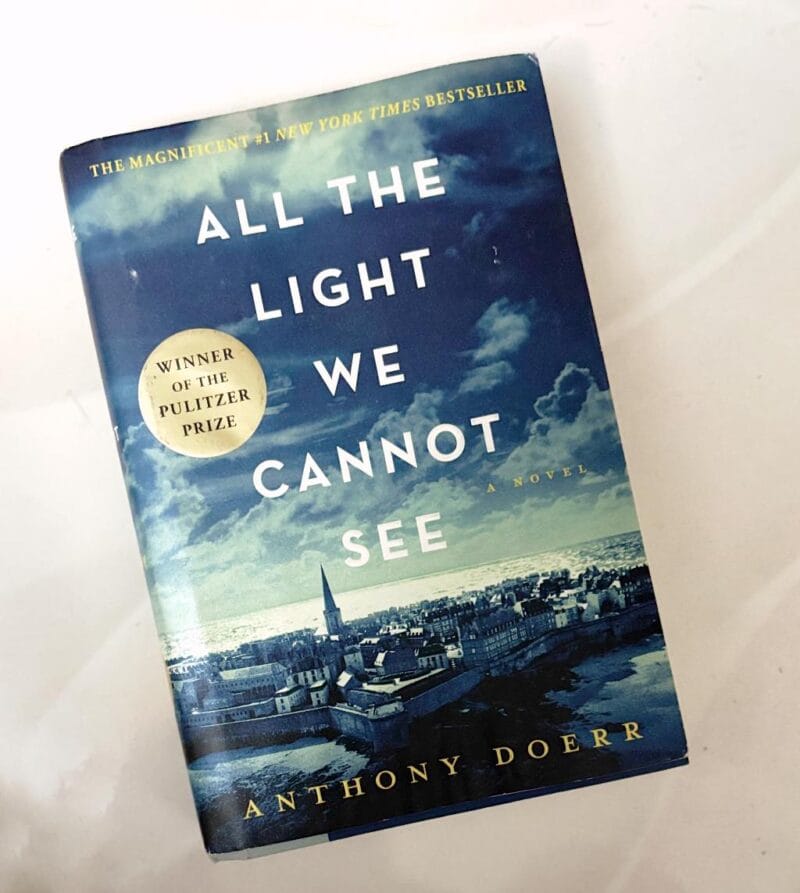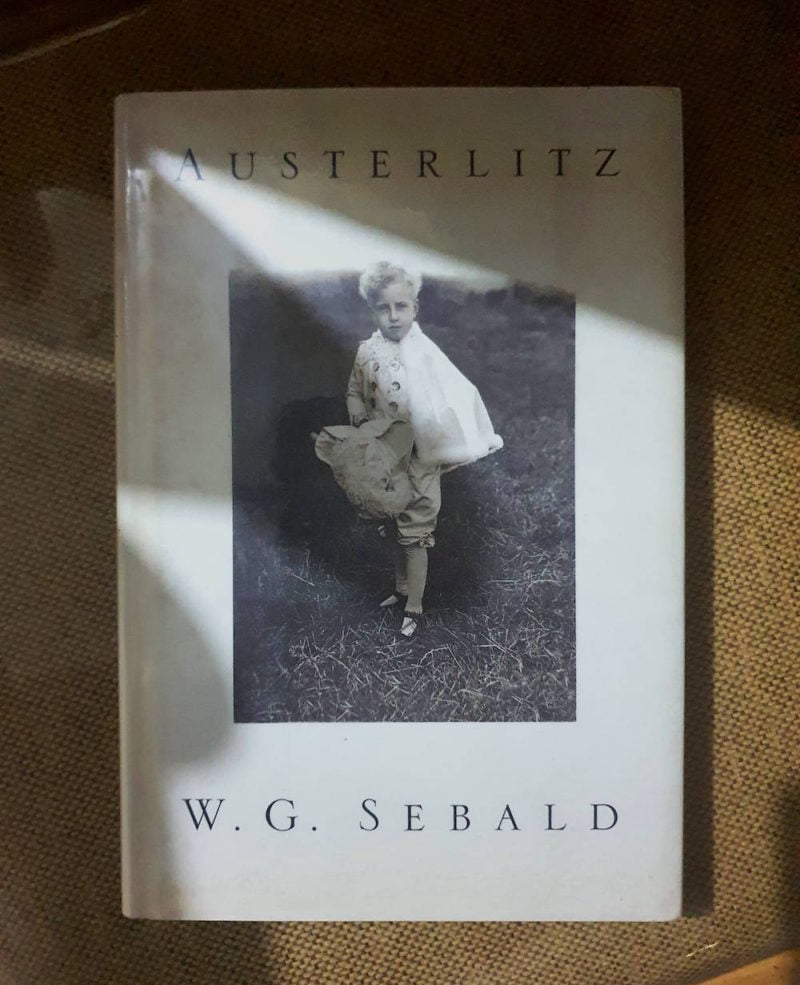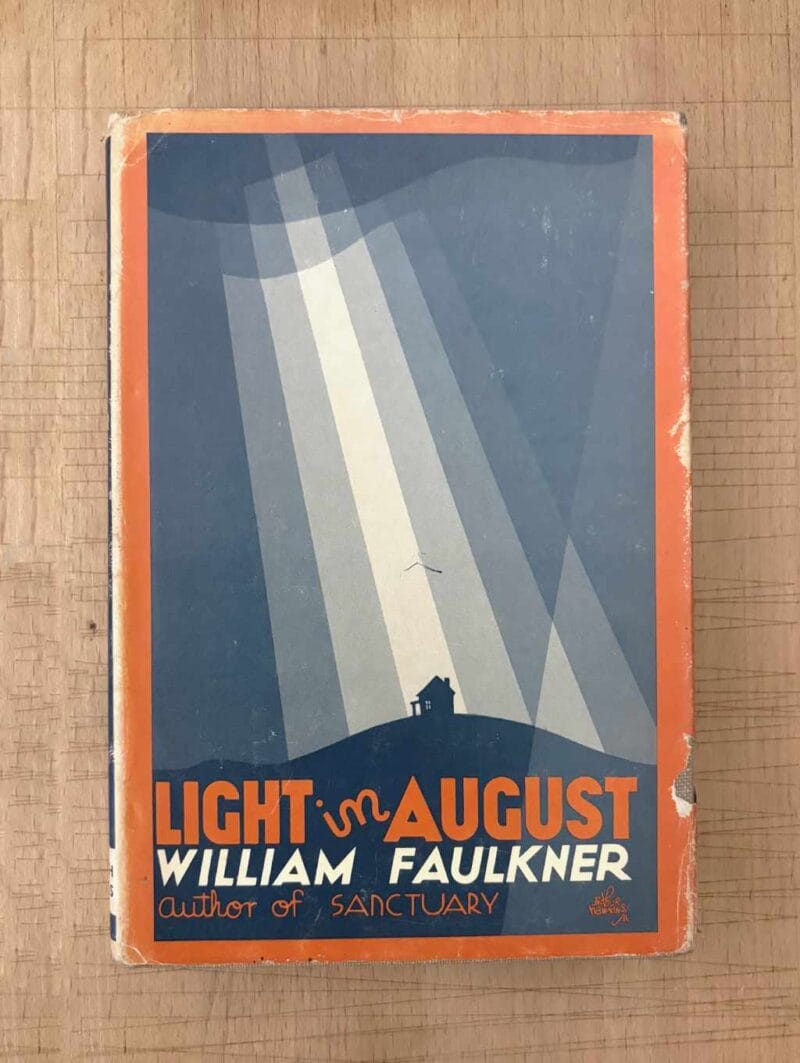After surviving a horrible shipwreck, a 16-year-old kid named Pi is forced to spend months locked in a lifeboat with a Bengal tiger named Richard Parker and other creatures, including a zebra, a hyena, and an orangutan. Tiger and Pi must learn to trust one another over the course of several days and weeks if they are to survive. The beginning of the story describes Pi’s youth and adolescence.
The main story opens with Santosh and Gita Patel boarding a freighter for Canada with their two children and some zoo animals after selling their Indian zoo. After a storm sinks their ship, Piscine Molitor Patel (nicknamed “Pi”) is the lone human survivor. The book’s major theme is survival, with Pi having to survive confrontations with nature and the animals that he found himself with in the lifeboat.
There is no judgment of the reader’s own opinions in this book, and the author spends a lot of time explaining how religion and inner courage have shaped his own life. Martel demonstrates his own beliefs through Pi’s character and what happens to him in the story. As the days pass by being stranded in the boat, Pi becomes more interested in the spiritual side of life. A deeper read will enlighten the role of faith as our moral compass and the belief that people can transcend their base nature when facing death.
Pi’s story becomes surreal near the end of the book, culminating in a scene of him washing up on a Mexican beach and Richard Parker disappearing into the wilderness. Japanese authorities question Pi, and they refuse to believe his story and press him to tell them the truth. After several hours of coercion, however, Pi tells a second story that is far less fantastical and far more conventional. The question is whether this story is more accurate, or whether it is all true. It is up to the reader to decide.
Memorable Quotes
My suffering left me sad and gloomy.
Opening paragraph, Life of Pi by Yann Martel
I can well imagine an atheist’s last words: “White, white! L-L-Love! My God!”—and the deathbed leap of faith. Whereas the agnostic, if he stays true to his reasonable self, if he stays beholden to dry, yeast-less factuality, might try to explain the warm light bathing him by saying, “Possibly a f-f-failing oxygenation of the b-b-brain,” and, to the very end, lack imagination and miss the better story.
Page 64, Life of Pi by Yann Martel
Life on a lifeboat isn’t much of a life. It is like an end game in chess, a game with few pieces. The elements couldn’t be more simple, nor the stakes higher. Physically it is extraordinarily arduous, and morally it is killing. You must make adjustments if you want to survive. Much becomes expendable. You get your happiness where you can. You reach a point where you’re at the bottom of hell, yet you have your arms crossed and a smile on your face, and you feel you’re the luckiest person on earth. Why? Because at your feet you have a tiny dead fish.
Page 217, Life of Pi by Yann Martel
I wept like a child. It was not because I was overcome at having survived my ordeal, though I was. Nor was it the presence of my brothers and sisters, though that too was very moving. I was weeping because Richard Parker had left me so unceremoniously. What a terrible thing it is to botch a farewell.
Page 285, Life of Pi by Yann Martel
Further Reading
Yann Martel on believing the better story by Lauren Pitts, Cambridge University Press
‘Success of Life of Pi surprised me, but life hasn’t changed much creatively’: Yann Martel by Sadia Akhtar, Hindustan Times
Interpretations of reality: Yann Martel’s Life of Pi by Jan Velinger, Radio Prague International
Extended Interview: Author Yann Martel and how ‘Life of Pi’ became a Hollywood film by Patt Morrison, KPCC




